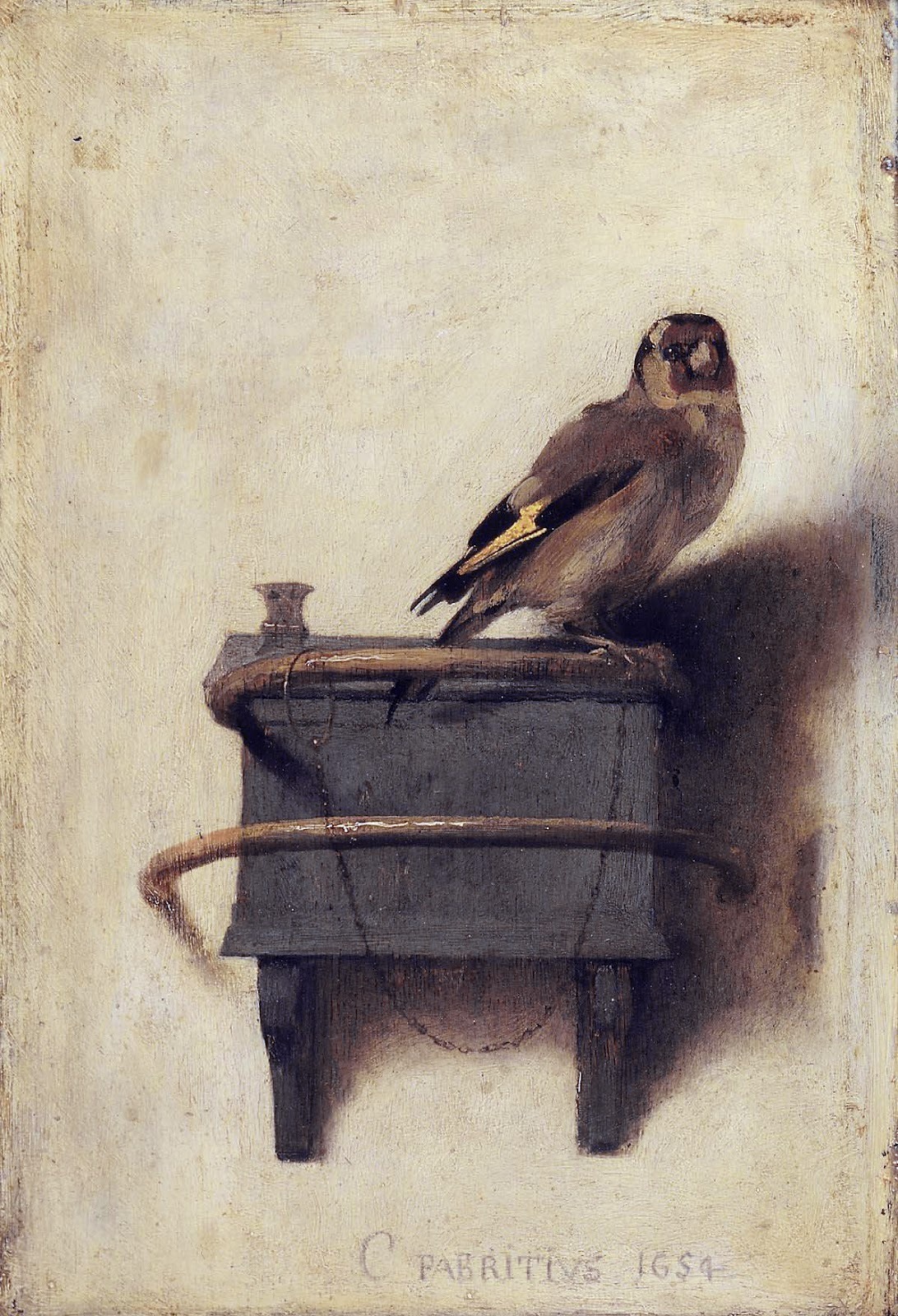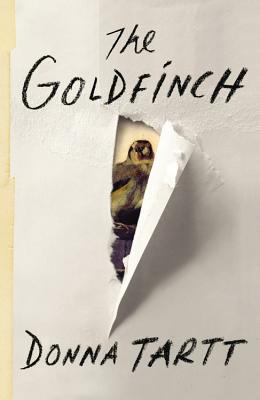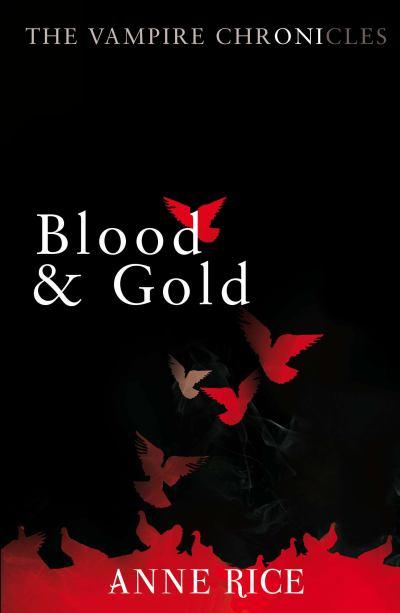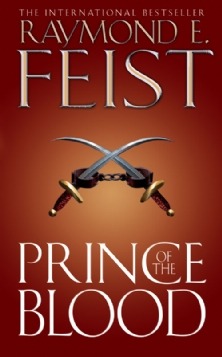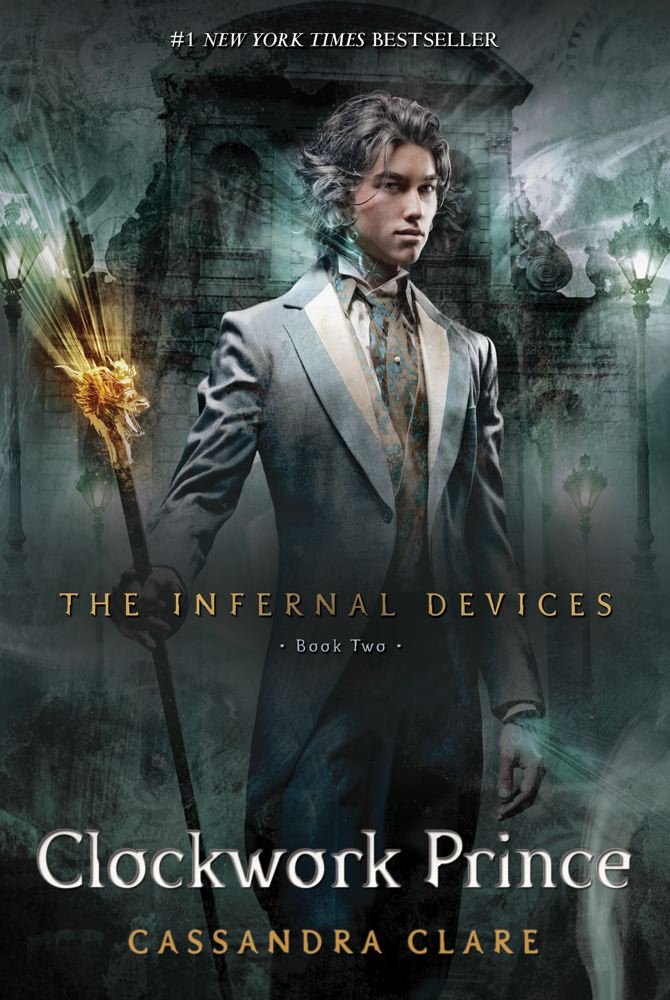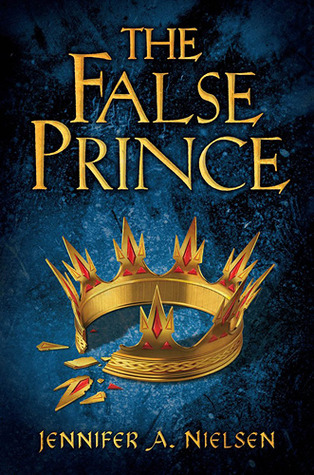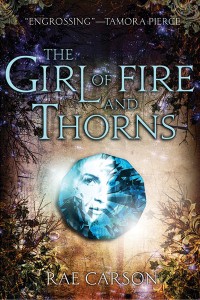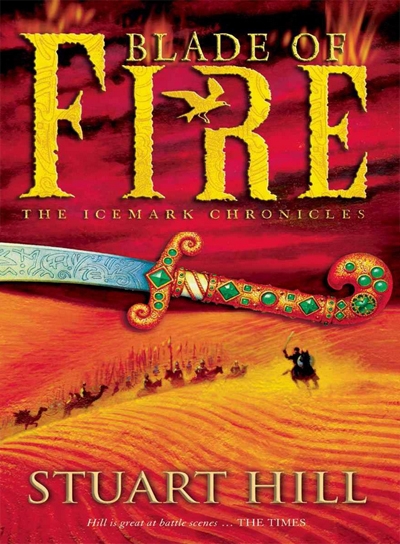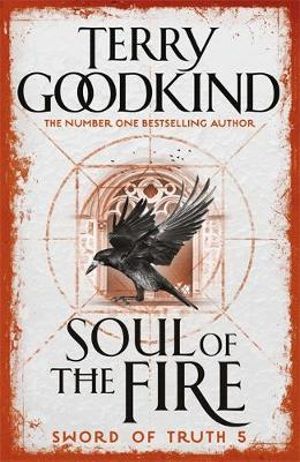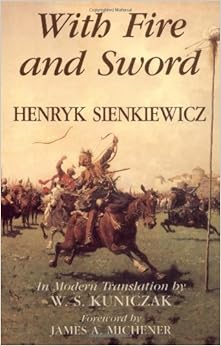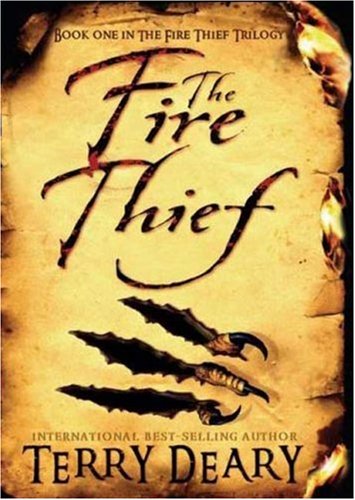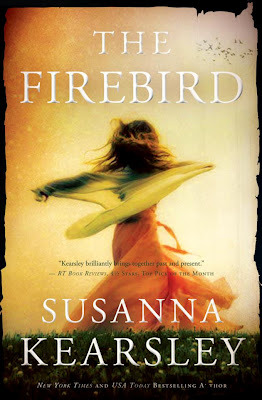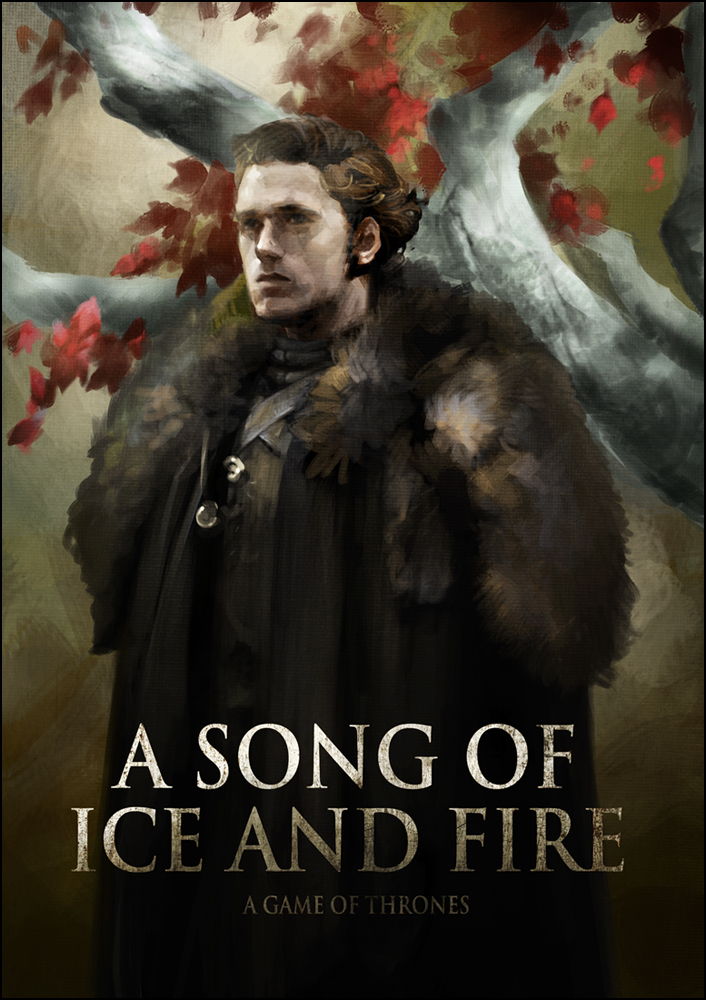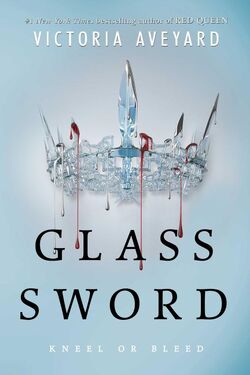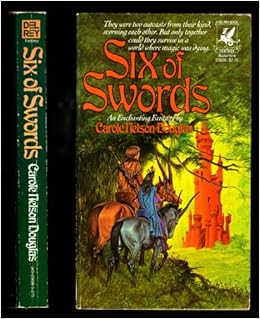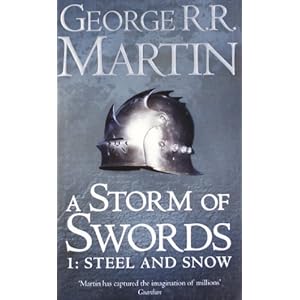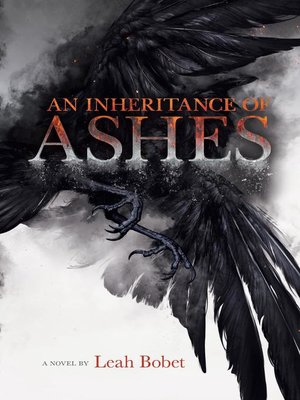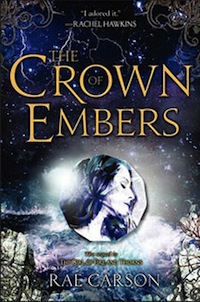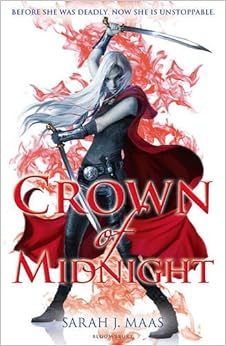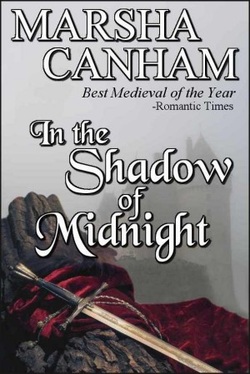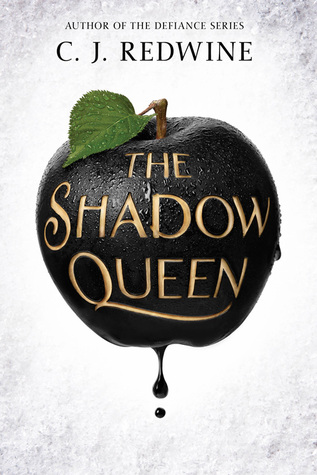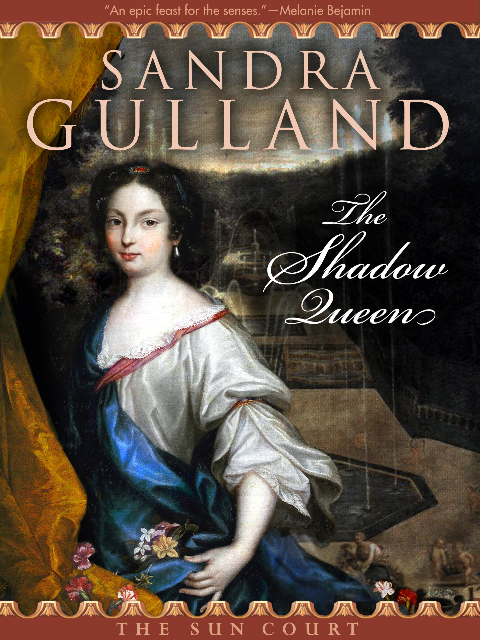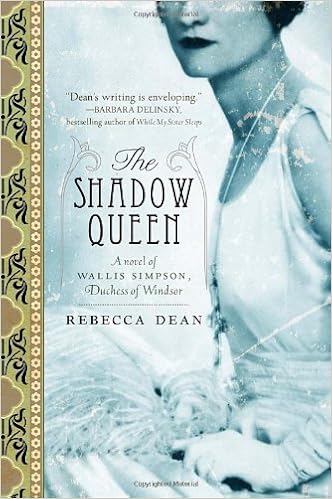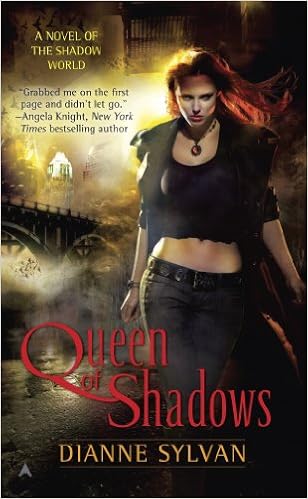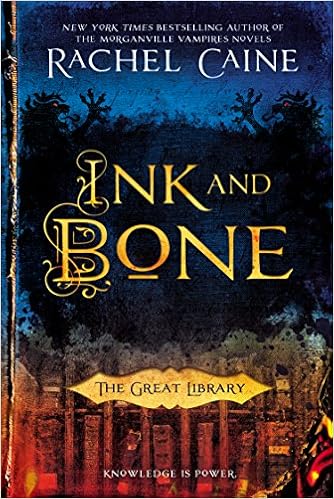Good evening all!
Do you remember a little thing called Starting Sparks?

I wrote an explanatory post here, but if you missed it, here's the gist: Ashley from [insert title here] and I are hosting a monthly writing link-up! You may have read our starting posts at the beginning of October and then forgotten. I don't blame you. I occasionally forget my own name.
In true Emily style, I am, of course, at the very last minute of participating in my own link-up. Oops. But better late than never, right?! If you'd like to, there is still time -- four days! -- to link up.
The October prompt is this:

Now, I should probably tell you about the novel I've accidentally started planning.
I had an idea at Easter-time -- I can remember very clearly having this idea, as I got into the car one rainy afternoon in the suburbs of Glasgow -- to write about a massive, arty family in a huge house in Surrey.
Obviously, I am writing a novel currently, and when it's done I'll be writing the sequel -- and there may be more than one sequel -- and I'm not going to start anything else until it's done. So I put the idea to bed.
But a few weeks ago, we were doing Creative Writing in English, and creating characters, and I thought back to my big family in their Surrey house, and all of a sudden, I'd written five pages on Felicity, one of the daughters.
From there I couldn't stop myself from thinking about her parents, her grandmother, her aunt, her siblings ... and when it struck me that I could write about them for Starting Sparks, I couldn't resist.
In case you don't know, the "servant bells" I discuss in the second paragraph are this type:
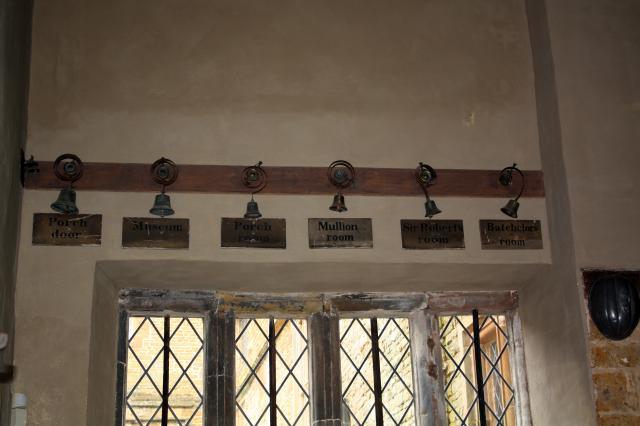
Surrey is a county in the south of England, and Durham is a university in the north of England.
~***~
In Rain
It was the one rainy day of the summer, and
the house wept with them.
It
had always been draughty, with mould growing unexplained round the cornices and
ice on the windows’ insides in the winter. Teresa would walk from room to room,
imagining the people who once lived there: earls, ladies, long dresses and
parasols. A platoon of servants, buzzing about the hallways in response to the
brass balls that hung on their panel on the old stone wall. When they were
little, she and the others would play at Victorians, pulling the tasselled
ropes in one room and shrieking with laughter as they heard the bell ringing
downstairs. Those were the days when it was always sunny, and, in their
memories, they seemed to be forever on holiday; running through the fields
around the house and swimming in the lake. Later, afterwards, they spoke of all
the time until that rainy July day as the
time before. They remembered it in golden flashes, with smiles and the
wistful voices of those longing for a freedom they will never quite recapture.
There
were four of them, the Ruskin children, standing in a row in the sodden garden
on that day and looking better turned-out than they’d ever been. Matthew, the
eldest, off to Durham in the autumn: black-suited, standing with his arm around
Aunt Rosalind. It was he who’d organised the day, side by side with his grandmother;
he who’d ordered flowers and food, and made polite conversation with the guests
afterward. Aunt Rosalind was ineffectual at the best of times, now overcome by
ostentatious grief, and as for his father, though never the most affectionate
of husbands, he’d locked himself in his room for three days and been, in
Felicity’s words, “neither use nor ornament”. She was thirteen, then, Felicity,
standing there in her pretty black dress with its lace sleeves, already aware
of the way to smile at each person, the things to say to them, the ways to make
them like her. It was a skill that, over the years, she’d practise to
perfection.
But
between Matthew and Felicity, always overlooked, was Teresa: big-eyed,
uncomfortable in her dress, crying at intervals and almost overbalancing as she
thought too hard about standing still. Something huge and deeply grey had
opened inside Teresa, something that had kept her awake these past three
nights; something broken, something afraid, all mixed up with some longing for
she knew not what. She was very aware of the rain on her skin, the coldness of
it, the trembling balance between pleasure and discomfort. She had complicated
feelings about rain; it was both the outdoor running through wet grass,
laughing at a wide sky and thrilled by the game of living; and it was grey
sorrow, a forehead pressed to a school bus window as the drops trickled down.
Teresa had complicated feelings about everything. She exhausted herself trying
to work them out.
Last
was Edmund – Edmund, the youngest, the one whose world had truly been shattered
with an impact like the falling of the sky. He was eleven, and the rain picked
him up and carried him into desolate landscapes of grief, leaving him gasping
and guttering in the dark. Matthew didn’t understand, and Felicity didn’t try;
as for Aunt Rosalind, she repelled him with her foggy hugs and her weeping. His
father was an absence, not in his sphere, and his grandmother did not seem to
notice the drowning pain that was attacking him. Only Teresa could come close
to comfort, but she had her own night-time heartaches, and when Edmund talked
to her, he found that their sorrows muddied each other’s and left them both
drifting off into new waves of grief. Today he was too stunned to cry; he
merely stood there with his siblings, holding his grandmother’s hand and
watching the trees flap wetly in the grey rain. A lot of people spoke to him
and he floated with glazed eyes, no longer able to fit the world into the right
shape.
So
they stood there, the Ruskin family, with their beautiful old house behind them;
not looking at one another, but still a band against the world even as they
sank in their individual miseries. How strange, the ties of blood; at once
binding, and yet allowing a separation of hearts and minds that yawns wider
with every passing silence.
Friends
and relatives turned out to see the procession down to the church, offering
what help they could. As they returned to their own lives these people would
speak in lowered voices, commenting on how smart Matthew looked, how pretty
Felicity had grown, what a shame that it rained this one day in July. The house
needs repairs, they’d say to one another, and never know the significance that
house had for the Ruskins: the memories that walked its halls, the long-ago
games and conversations, the lives that had interwoven within its walls and now
stood, here, in the rain that swirled and lingered around them.
~***~


